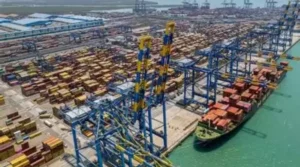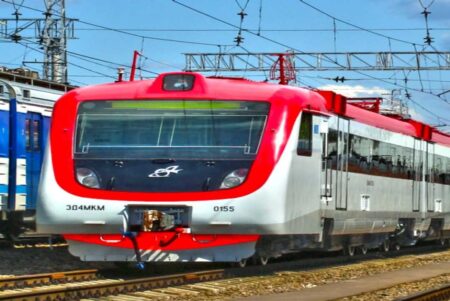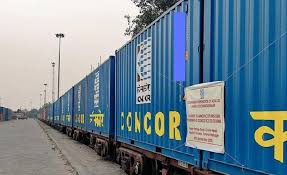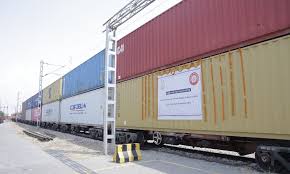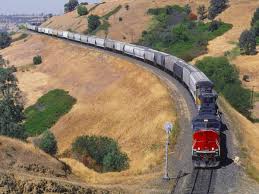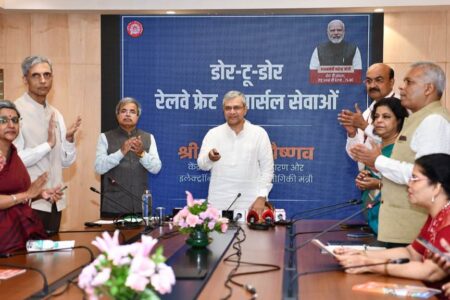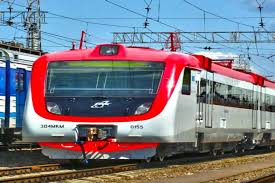Lithuania resolved on Thursday to improve control over cargo trains entering the nation and the Russian exclave of Kaliningrad by installing an X-ray scanning system at the Kenna border crossing with Belarus.
The mechanism, which is meant to run 24 hours a day, scans trains traveling in both directions at speeds of up to 60 kilometers per hour in autonomous mode, allowing control of all cargo with an average of eight to nine trains each day. According to Lithuanian Finance Minister Gintare Skaiste, the major goals of creating a new control system are to prevent smuggling and to preserve the country’s national security interests. Darius Zvironas, director general of the customs department, has stated that “the new X-ray control system will not only make customs officials’ jobs easier but will also save money.”
According to Karolis Sankovski, CEO of the business that won the tender, LTG Infra, the Ministry of Finance has estimated the project’s cost at 5.6 million, which has been promoted due to the change in the geopolitical scenario. Sanctions imposed by the European Union on the shipping of steel and ferrous metals through Lithuania to the Russian exclave of Kaliningrad in the Baltic Sea have been in effect since June 17. It should also be noted that limits on the transportation of cement, alcohol, and luxury items were implemented on July 10, and on coal and other solid fossil fuels on August 10.
As a result of the sanctions, the Russian Foreign Ministry called the chief of the Lithuanian diplomatic mission, Virginia Umbrasene, to protest the decision and demand that the limitations be lifted “immediately.” Vilnius’ decision, according to Kremlin spokesman Dmitry Peskov, is “unique,” as these “provocative actions” contravene international agreements.



